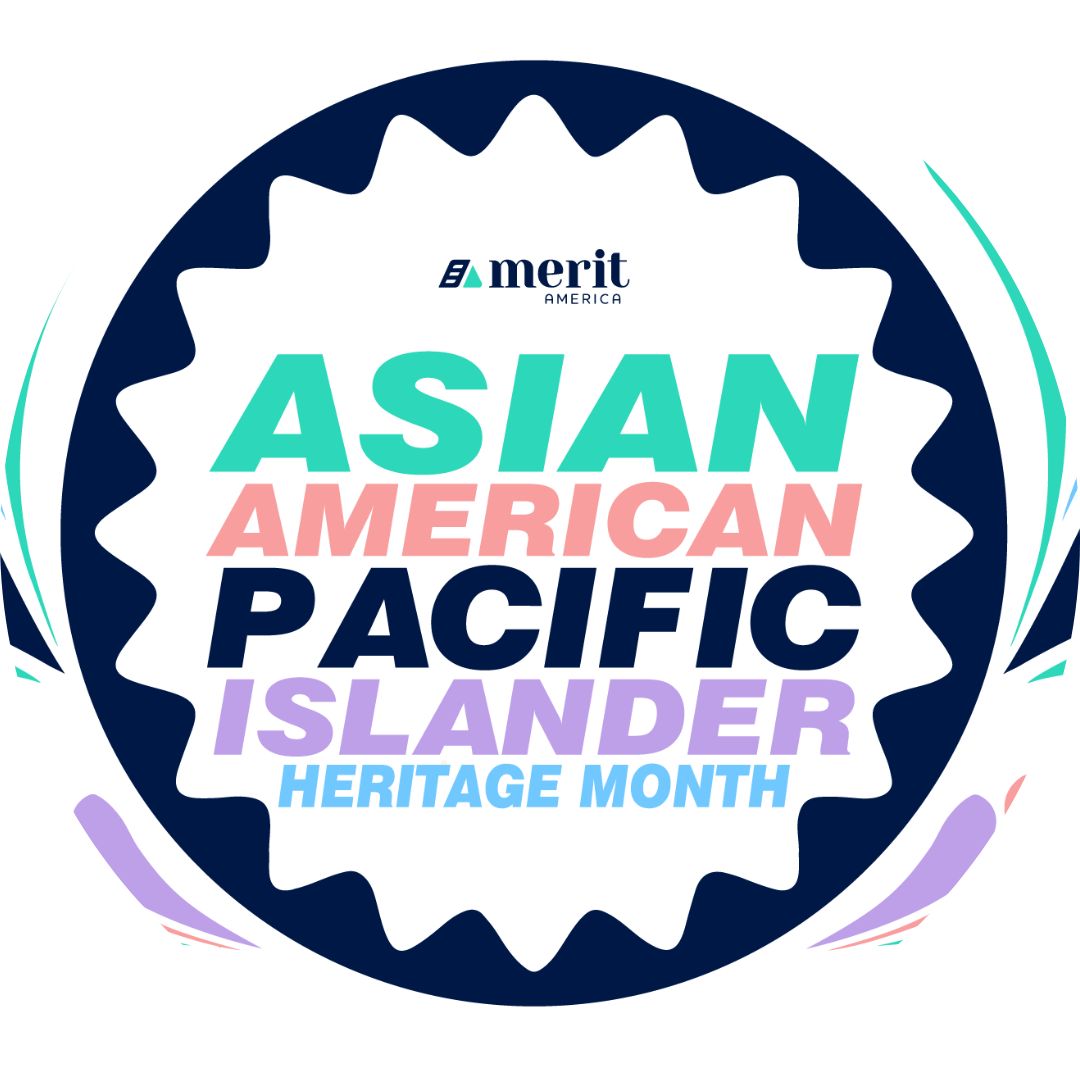
As May unfolds, we celebrate Asian American and Pacific Islander (AAPI) Heritage Month. The story of AAPI contributions in America is as diverse as the communities themselves, with AAPI individuals representing over 45 nationalities and countless ethnic groups spanning China, Japan, Korea, the Philippine Islands, American Samoa, India, Vietnam, and many more.
Join us as we proudly participate in this celebration, acknowledging the invaluable impact of AAPI individuals in the tech industry and beyond.
Origins Of AAPI Heritage Month
The origins of Asian and Pacific Islander Heritage Month trace back to the late 1970s, and despite AAPI people having a long history in the U.S., it took over 10 years to establish it as a permanent month-long celebration.
Led by Jeannie Jew and a small group of activists who lobbied for the creation of a week-long celebration to recognize the contributions of Asian and Pacific Islander Americans, in 1978, President Jimmy Carter signed a proclamation declaring the first Asian-Pacific American Heritage Week to be observed in May of that year. In 1992, President George H.W. Bush signed a proclamation designating May as Asian Pacific American Heritage Month, with the term “Pacific Islander” added in 1990 to recognize the contributions of the Pacific Islander community.
Despite being one of the largest ethnic groups of innovators, Asian Americans and Pacific Islanders often face challenges that make their accomplishments go unrecognized.
From the USB to one of the world’s most recognizable search engines, many of today’s technological advancements wouldn’t be possible without groundbreaking work from Asian American and Pacific Islander innovators.
Here’s a sampling of some of the brightest AAPI minds in tech who invented many of the things we take for granted.
As the CEO of Google, Sundar Pichai has been instrumental in shaping the world of technology. His leadership has guided the development of innovative products and services, including Google Search, Android, and Chrome. Pichai’s strategic vision and technical expertise have made him a prominent figure in the global tech industry, driving advancements in all areas of the world, and in 2022, he announced the $100M Google Career Certificates Fund, which granted foundational funding to Merit America!
USB Connector
Imagine hauling around discs or messing with chunky plugs and cords when you wanted to transfer data between computers or simply use your mouse.
That USB connector you use to hook up almost every type of device and peripheral was co-invented by Indian American computer architect, Ajay Bhatt, who developed the Universal Series Bus in 1996 while working at Intel.
The USB took off like a rocket and is now standard in billions of computers around the world. Everything from webcams and memory sticks to cellphones have USBs, and without them, we’d be rebooting our computers every time we need to print a page! Bhatt is Indian-American and holds more than 130 U.S. patents.
N95 Masks
The N95’s ability to block the coronavirus (and other pathogens) is responsible for saving over a billion lives around the world. A tireless researcher, he holds a dozen U.S. patents – and he’s not done yet.
Remember the N95 masks that got you through the pandemic? The fabric used in their filters was developed by Peter Tsai, a Taiwanese American materials scientist. He’s known as “the man behind the mask” and even came out of retirement to help develop a method of sterilizing the N95 filter and increase mass production of the filter fabric as the pandemic took hold.
Zoom Video Platform
Imagine getting through the pandemic and beyond with Zoom. Thanks to Zoom, families saw loved ones they weren’t able to visit. Students could keep up with their schoolwork even when their schools were shut down. Friends and relatives safely attended weddings, funerals, and birthday parties when they otherwise might not have been able to.
Founded in 2011 by Eric Yuan, who was born in China and moved to Silicon Valley in 1997, Zoom joined the lexicon of some of the most well-known tech companies. Despite the original inspiration deriving from a long-distance relationship with his girlfriend during their college days in China during the 1980s, the ripples of its influence continue to impact all aspects of remote life.
Women’s Health
Dr. Sanghamitra Bandyopadhyay’s extensive research in pattern recognition and data mining in the areas of computational biology and bioinformatics have contributed greatly to women’s health.
In 2017, she received the Infosys Prize for an algorithmic optimization that helps analyze biological data, and has had global impact. Through advanced algorithms, she found a genetic marker for breast cancer – enabling life-saving early detection for women all over the world.
Girls Who Code
Reshma Saujani, also the first Indian-American woman to run for U.S. Congress, founded Girls Who Code, a non-profit dedicated to removing the gender gap in tech jobs.
Having grown to more than 8,500 education programs globally and reaching more than 450,000 girls, Girls Who Code is a staunch advocate for public policy and research dedicated to closing the gender gap. Moreover, a recent TED talk titled “Teach Girls Bravery, Not Perfection” has received over 6 million views!
Beyond STEM
The contributions the AAPI community have made in tech and beyond have been instrumental in driving innovation and shaping the global tech industry. The list goes on and on.
From the contributions of AAPI artists like Chinese American cello genius Yo-Yo Ma, Chinese American architect and sculptor Maya Lin (Washington D.C.’s world-famous Vietnam Memorial), Korean American actor Steven Yeun (The Walking Dead), and Japanese American actor/activist George Takei (Star Trek), whose experience of being placed in a WWII internment camp in California recently became a children’s book, My Lost Freedom, this month, and every month, AAPI trailblazers are creating lasting impact for generations to come.
If you’re curious about Merit America’s investment in workforce diversity, learn more about our values and commitments here.